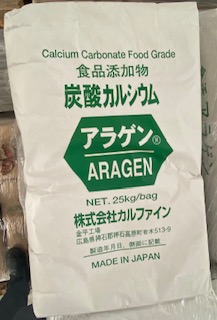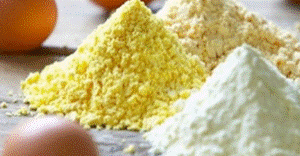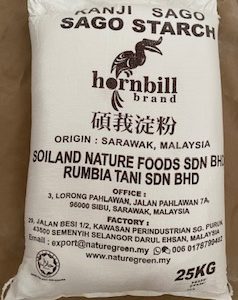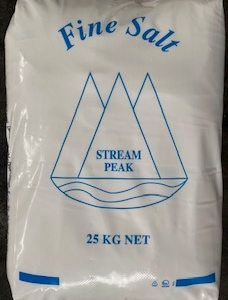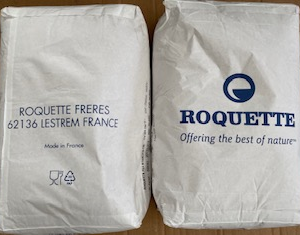Description
Calcium carbonate is a chemical compound with the formula CaCO₃. It’s a common substance found in rocks as the minerals calcite and aragonite (most notably limestone, which contains both minerals). It is the main component of pearls and the shells of marine organisms, snails, and eggs.
This white, odourless, and tasteless powder has a crystalline structure and is poorly soluble in water, but it reacts vigorously with acids to produce carbon dioxide. Its unique properties, such as high brightness, opacity, and ability to act as a filler, make it suitable for various applications.
Catering to specific industrial needs, we offer Calcium Carbonate in various particle sizes and crystal forms, including calcite, aragonite, and vaterite. Available in various packaging options from small-scale to bulk quantities, accommodating specific business requirements and ensuring product integrity during transport.

